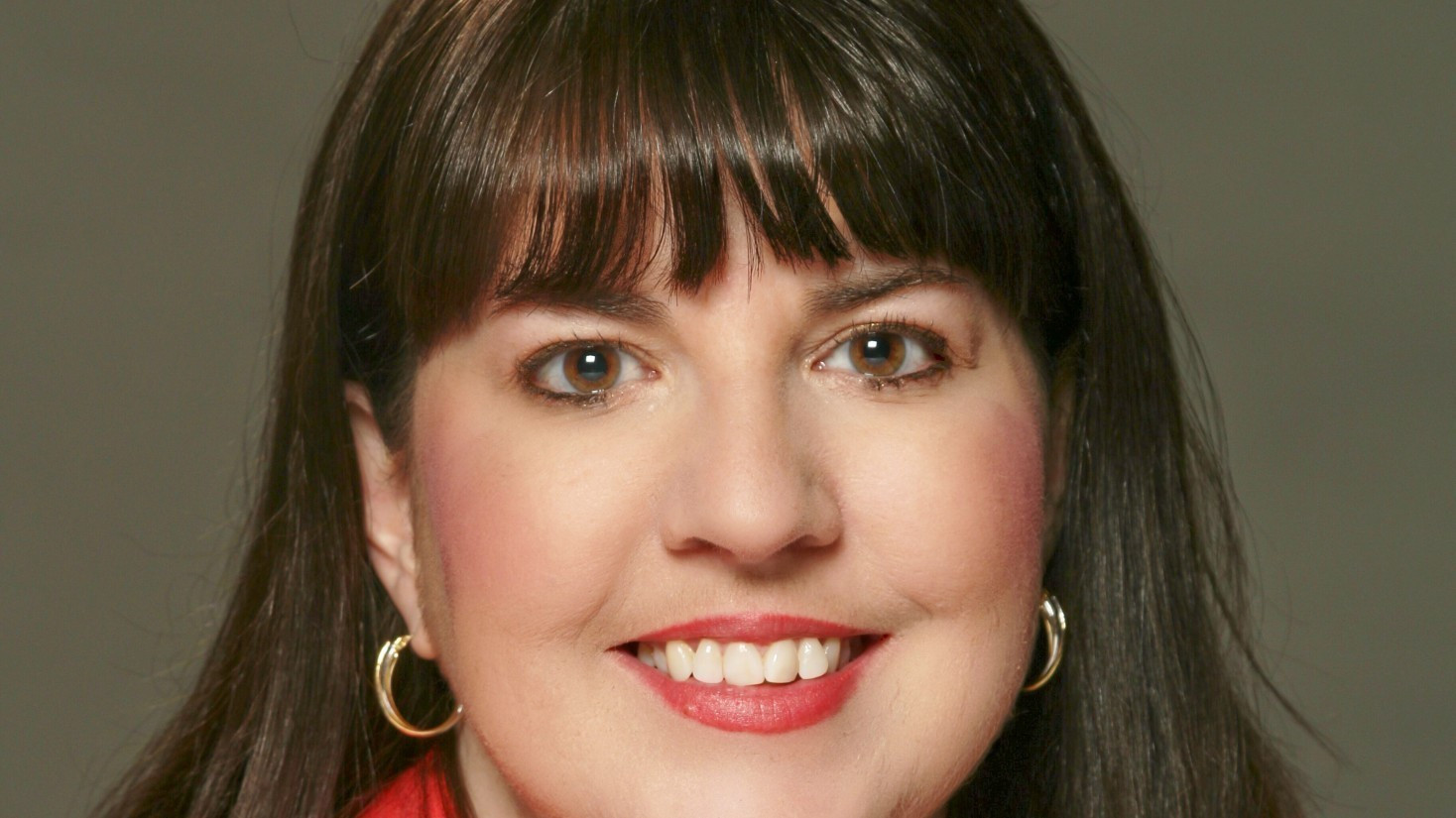Q&A with Page Center research fellow Marlene Neill
April 19, 2019

By Leah Tobia, Page Center intern
Installing ethics education into classrooms around the globe is the top recommendation of a 2018 report released by the Commission on Public Relations Education. Marlene Neill, assistant professor at Baylor University, is creating a plan to help the Page Center answer the Commission’s call.
Neill has a long history with the Page Center as a scholar and advocate. Last August, she was selected as one of two Page Center research fellows. Over the next two years, as part of the fellowship, she will lead a research project that will focus on implementing ethics courses into undergraduate curricula.
At Baylor, Neill teaches principles of advertising and public relations, advertising copywriting, strategic communication research, advertising management and media law and ethics. She said her favorite thing about teaching is getting to know students and helping them prepare for their careers.
By emphasizing the importance of ethics in the classroom, Neill says she is actively preparing her students for the future.
What have you found so far throughout the time you have conducted your research?
While looking at issues of what skills are necessary in the PR industry today, according to the CPRE study, professionals are seeking communication skills, writing skills and ethics. Ethics are a priority for employers. According to my new research, professionals ranked personal code of conduct as the number one skill that is essential for a successful career in PR. Critical thinking and problem solving, as well as honesty, courage and leadership, are also valued.
What does the average person not know or understand about ethics?
According to my studies, public relations professionals perceive that the average person lacks courage, confidence and is unwilling to challenge those who outrank him or her. Ethical awareness, moral understanding, and taking the time to reflect and think were also skills that were missing. Someone seeking a career in PR needs these essential skills to succeed. A major skill that was lacking was respect for others.
What are ethics in the classroom like today?
While studying what is being taught in the classroom, I focused on ethics as a stand-alone class versus ethics being integrated across classrooms. Stand-alone ethics classes are more thorough than being integrated across the classroom. Integrated classes focused on global concerns, ethical decision-making models and codes of ethics. When integrated, the course did not cover how to raise ethical concerns and how to develop an action plan.
What are your thoughts on the Page Center? Why do you think the Center’s mission is important?
I believe that the mission of the Page Center impacts more than just educators. The idea of ethics and integrity relates to what should be taught in the classroom. The mission of the Center is important for professional development programs and provides guidelines for young professionals. Ethics and integrity in public communications will help young professionals meet the expectations of employers.
Do you have any mentors or role models that have guided you throughout your career?
When I was a Ph.D. student I was conducting an ethical conscience study. A senior PR professional made a statement that has stuck with me since then. “I can’t afford to lose my credibility… As PR professionals, it’s all we have. And if I lose my credibility here, it’s not like can just go start over with someone else, somewhere else. Credibility is something that you can’t afford to lose.”

